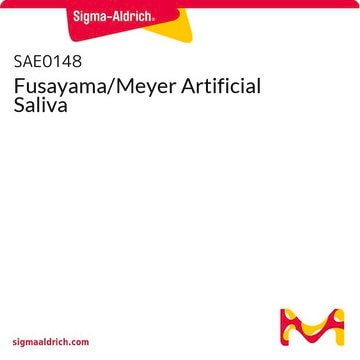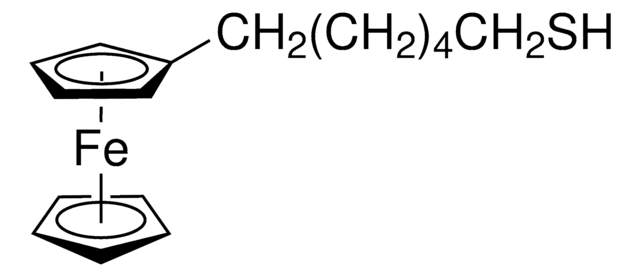SML0070
Salsalate
≥98% (HPLC)
Synonym(s):
2-(2-Hydroxybenzoyl)oxybenzoic acid, 2-Hydroxybenzoic acid 2-carboxyphenyl ester, disalicylic acid, salicyloxysalicylic acid, salicylsalicylic acid
About This Item
Recommended Products
Assay
≥98% (HPLC)
form
powder
color
white to tan
solubility
DMSO: ≥15 mg/mL
storage temp.
room temp
SMILES string
OC(=O)c1ccccc1OC(=O)c2ccccc2O
InChI
1S/C14H10O5/c15-11-7-3-1-5-9(11)14(18)19-12-8-4-2-6-10(12)13(16)17/h1-8,15H,(H,16,17)
InChI key
WVYADZUPLLSGPU-UHFFFAOYSA-N
Looking for similar products? Visit Product Comparison Guide
Application
Biochem/physiol Actions
Signal Word
Warning
Hazard Statements
Precautionary Statements
Hazard Classifications
Acute Tox. 4 Oral - Aquatic Chronic 3 - Eye Irrit. 2 - Repr. 2 - Skin Irrit. 2
Storage Class Code
11 - Combustible Solids
WGK
WGK 2
Flash Point(F)
Not applicable
Flash Point(C)
Not applicable
Certificates of Analysis (COA)
Search for Certificates of Analysis (COA) by entering the products Lot/Batch Number. Lot and Batch Numbers can be found on a product’s label following the words ‘Lot’ or ‘Batch’.
Already Own This Product?
Find documentation for the products that you have recently purchased in the Document Library.
Customers Also Viewed
Our team of scientists has experience in all areas of research including Life Science, Material Science, Chemical Synthesis, Chromatography, Analytical and many others.
Contact Technical Service









